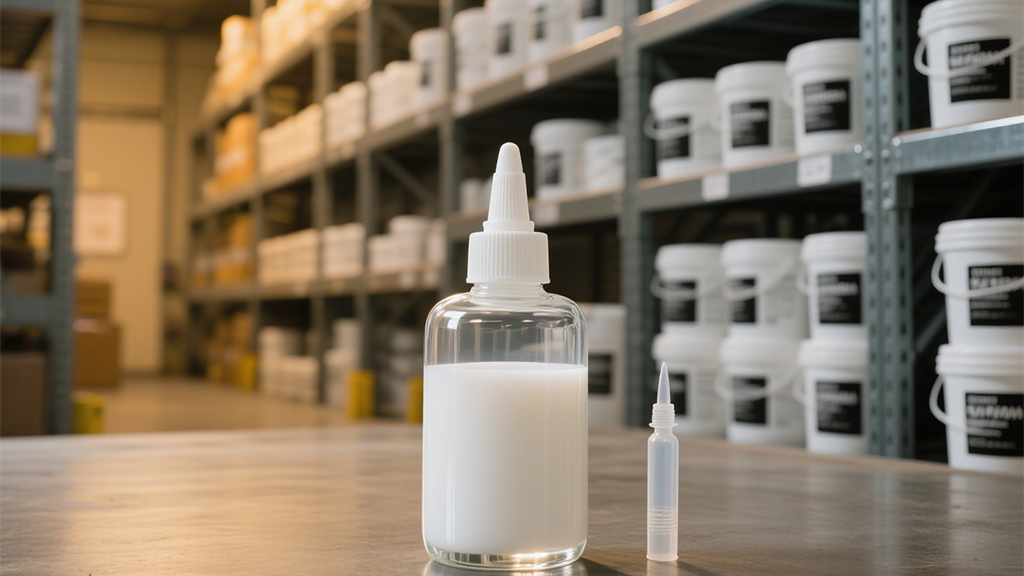Waterbased acrylic pressure sensitive adhesive properties are a set of key characteristics that determine their performance in bonding applications, including tack, peel strength, shear resistance, flexibility, and environmental stability. Tack, the initial stickiness, is the ability to adhere to a substrate with minimal pressure, measured via probe tack tests, and is influenced by monomer selection and tackifier content—higher levels of flexible monomers like 2-ethylhexyl acrylate enhance tack. Peel strength, the force required to remove the adhesive from a substrate at a specified angle (90° or 180°), indicates bonding strength, with values ranging from low (for removable labels) to high (for permanent bonding), adjusted by varying monomer polarity and crosslinking. Shear resistance measures the adhesive’s ability to withstand static load over time, critical for preventing slippage in applications like automotive trim or packaging, improved by higher crosslinking and molecular weight. Flexibility allows the adhesive to conform to irregular surfaces and accommodate thermal expansion/contraction, avoiding cracking, achieved through the use of low-glass-transition-temperature monomers. Environmental properties include heat resistance (maintaining performance at 60–150°C), cold resistance (functioning at -40°C to 0°C), and UV resistance (preventing degradation in sunlight), tailored via monomer selection and additives. Chemical resistance protects against water, oils, solvents, and cleaning agents, important for medical and industrial uses. Additionally, properties like breathability (for medical tapes), optical clarity (for transparent labels), and low VOC content (supporting sustainability) make waterbased acrylic PSAs versatile for applications from delicate skin contact to rugged industrial bonding.
